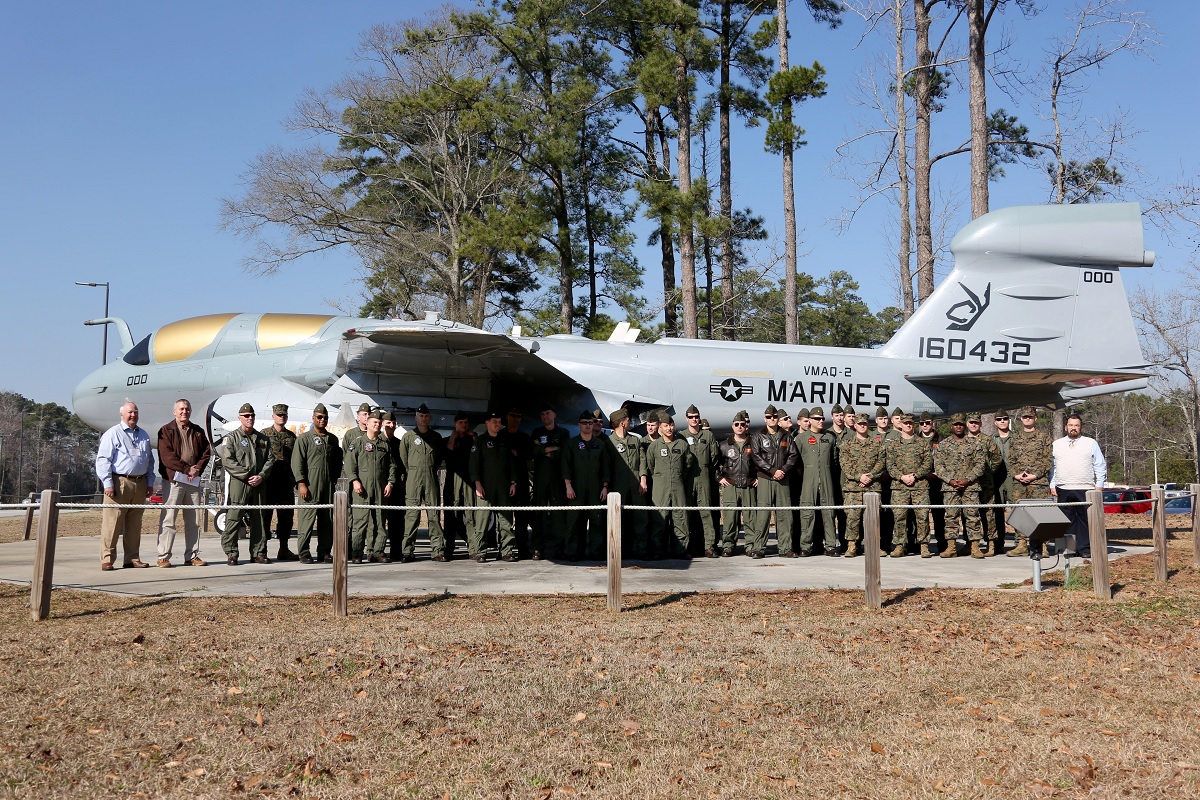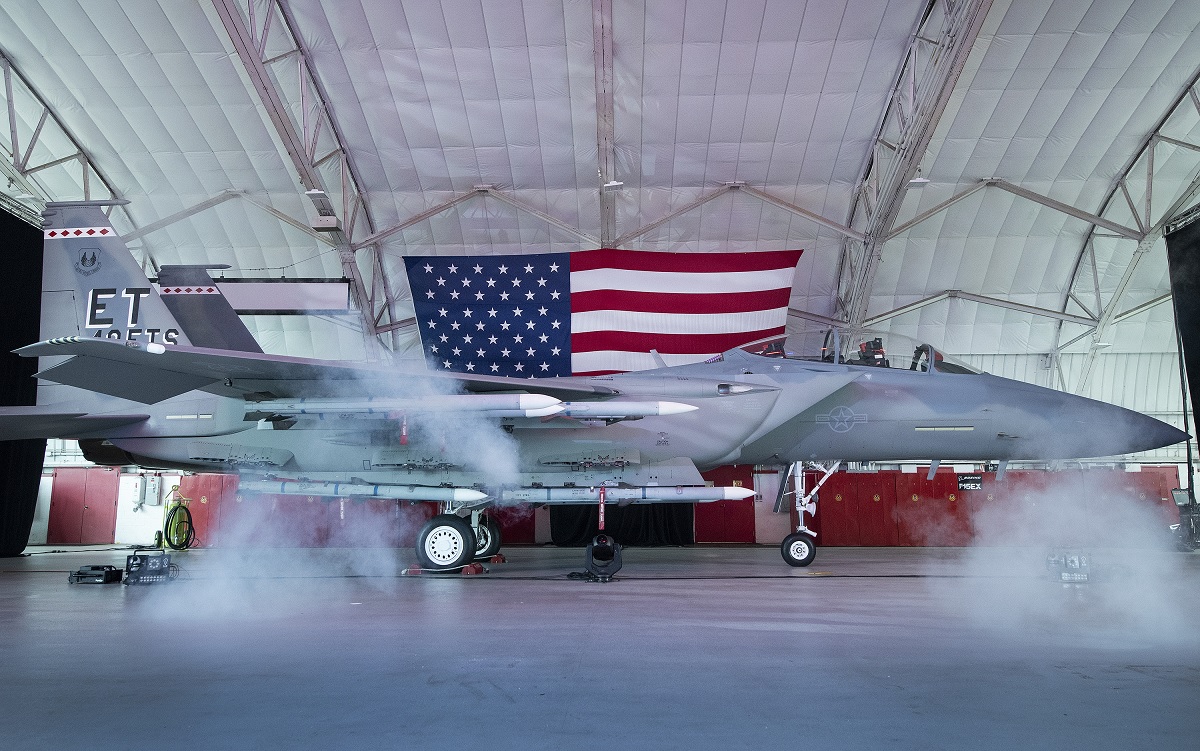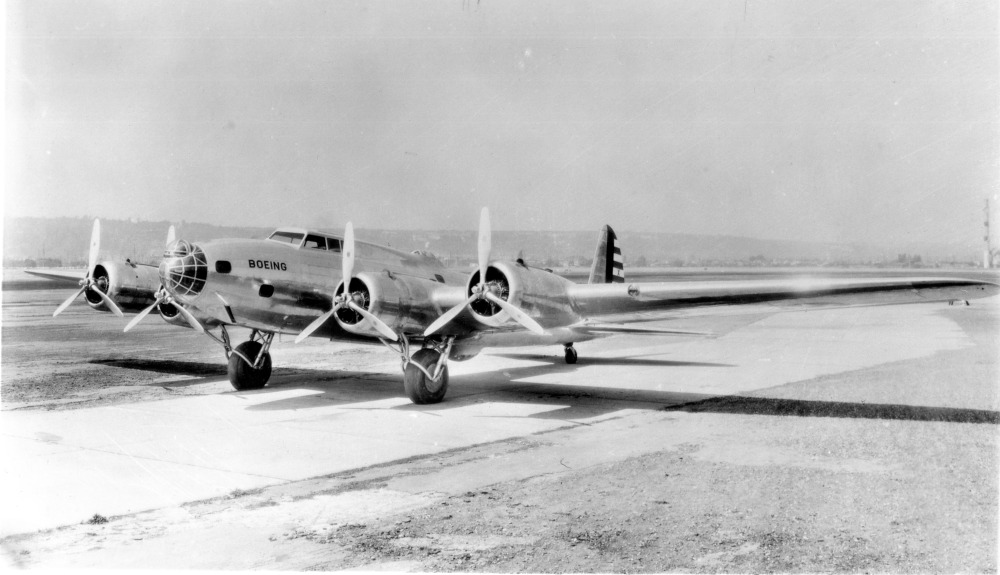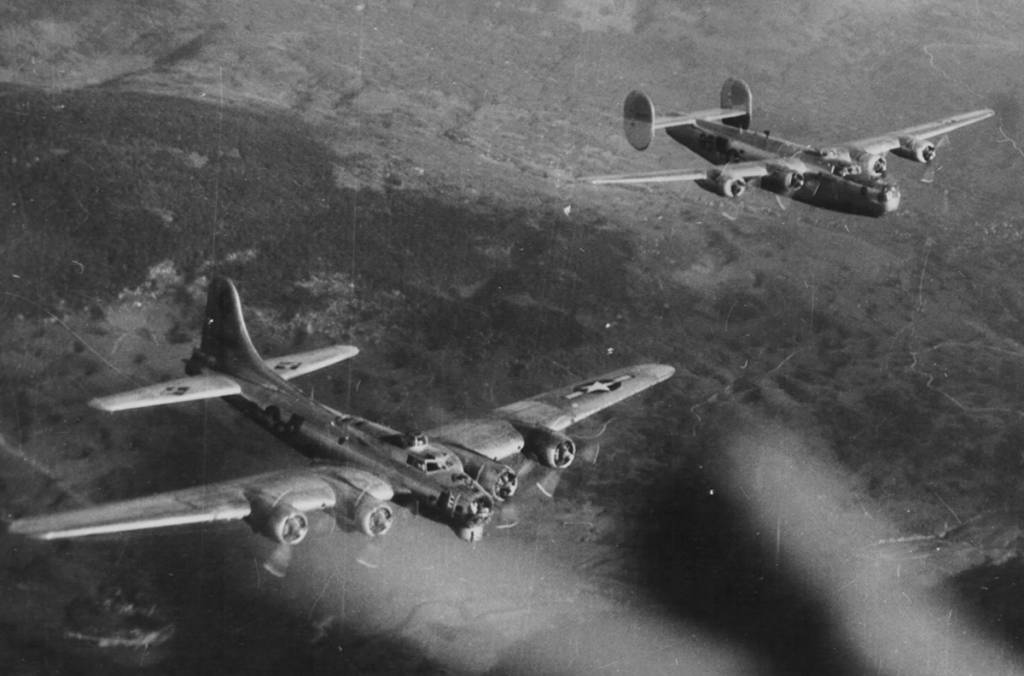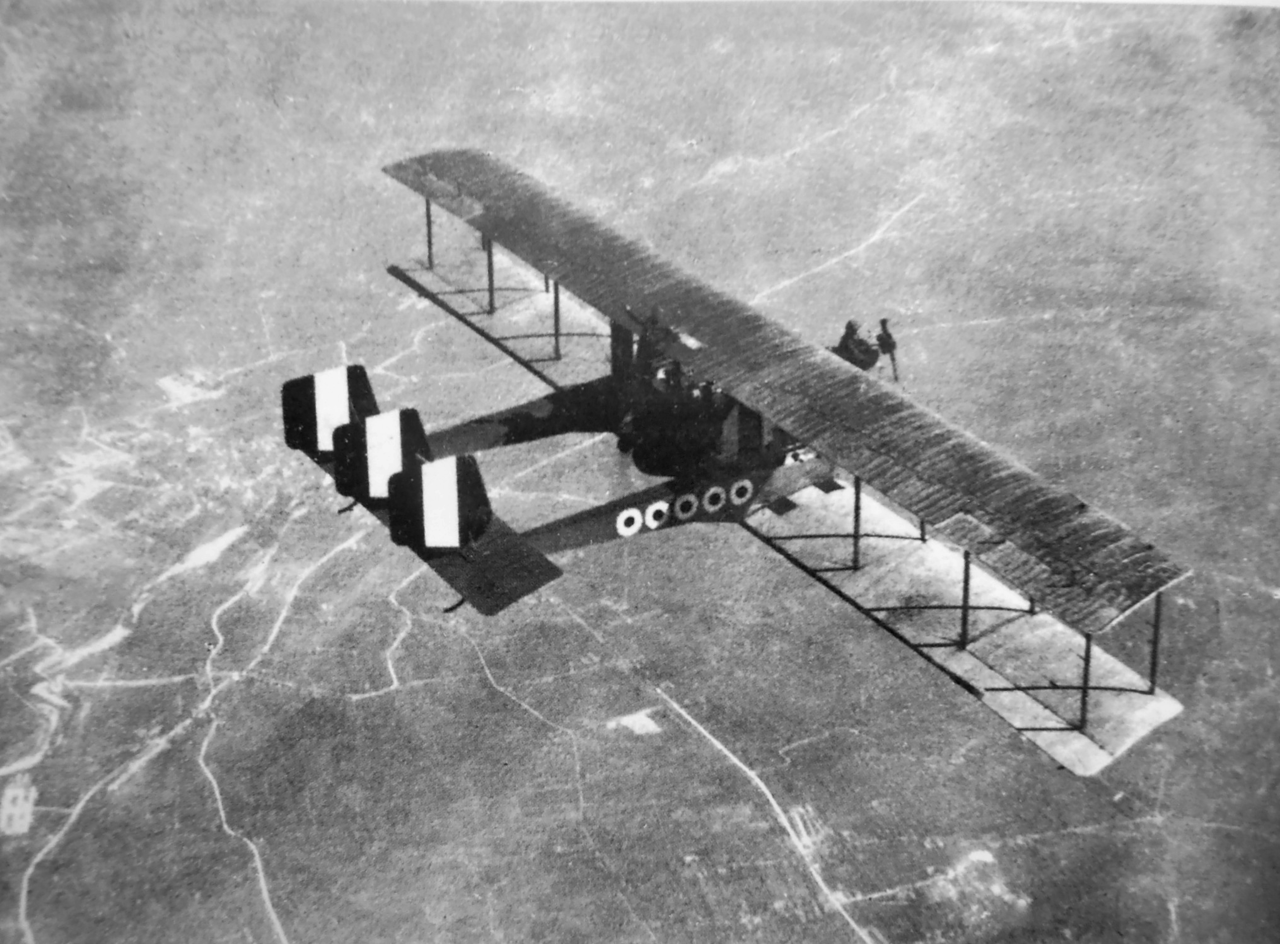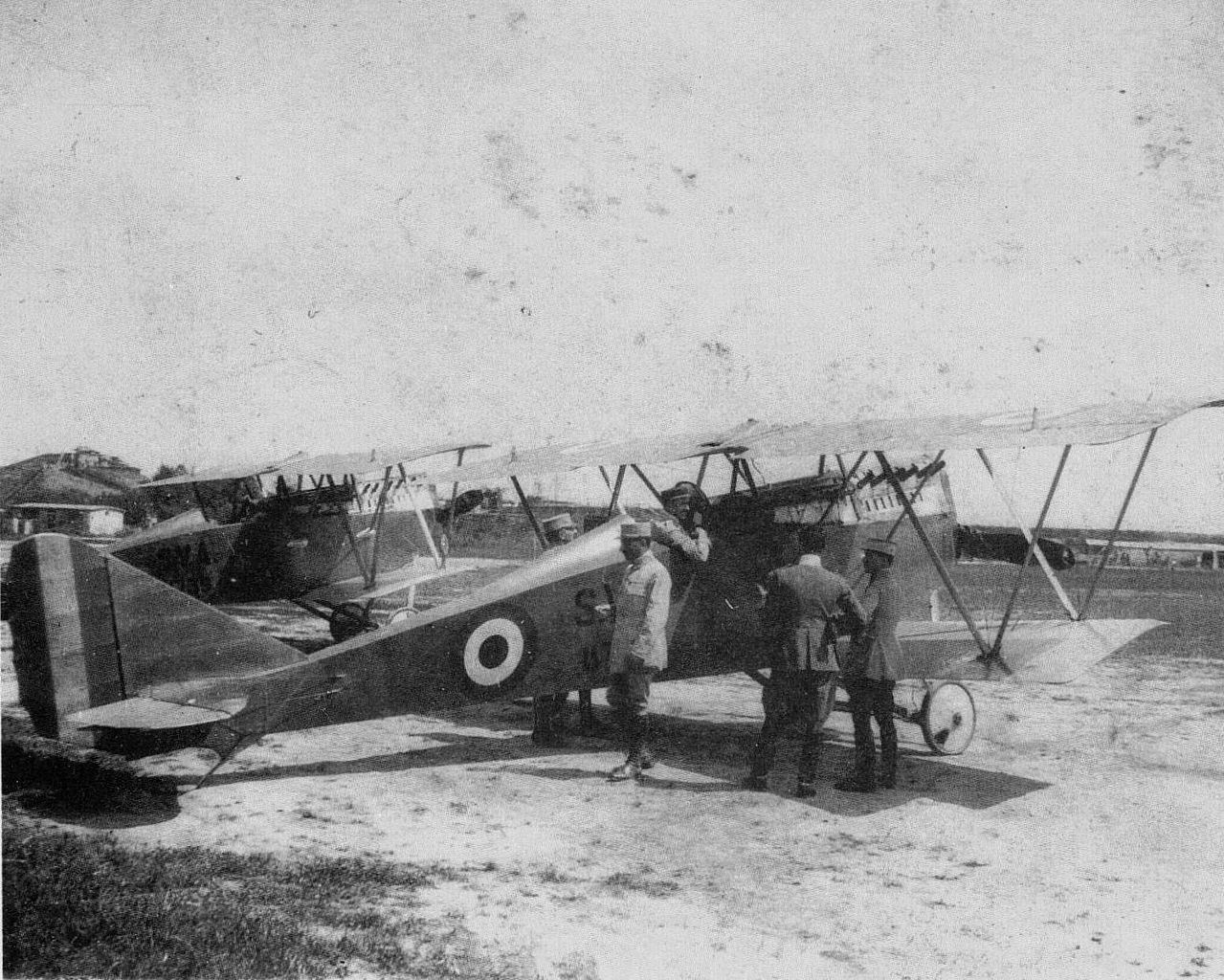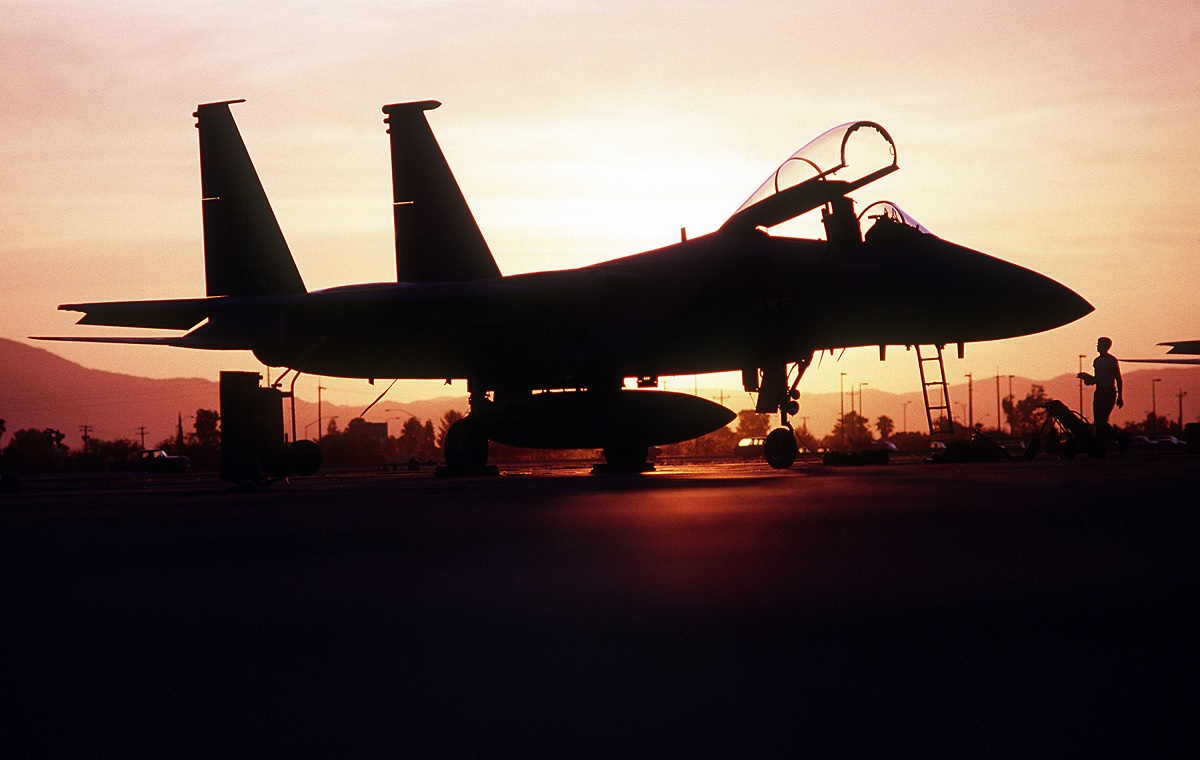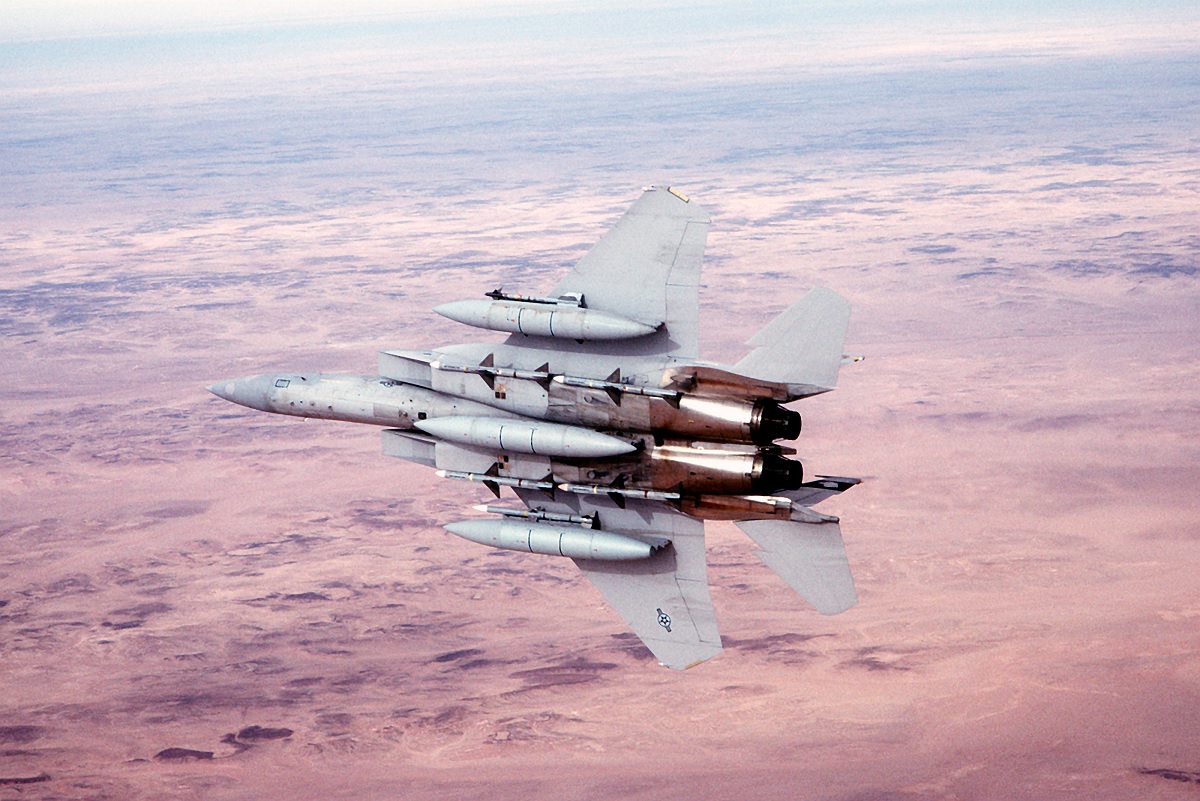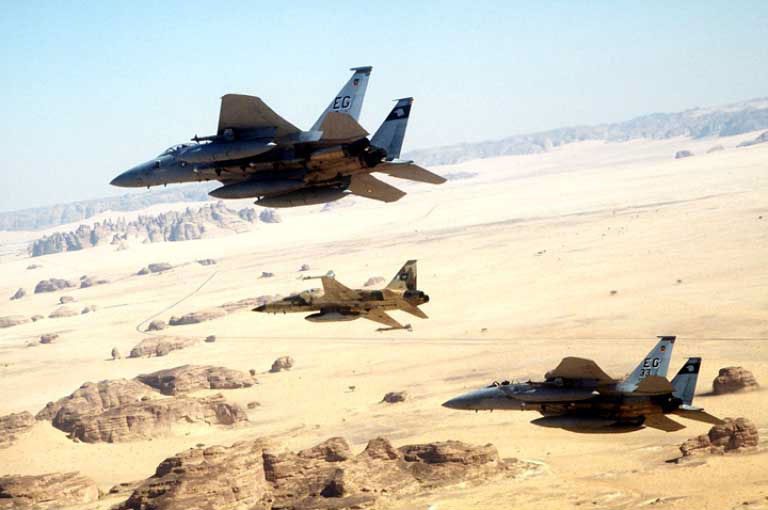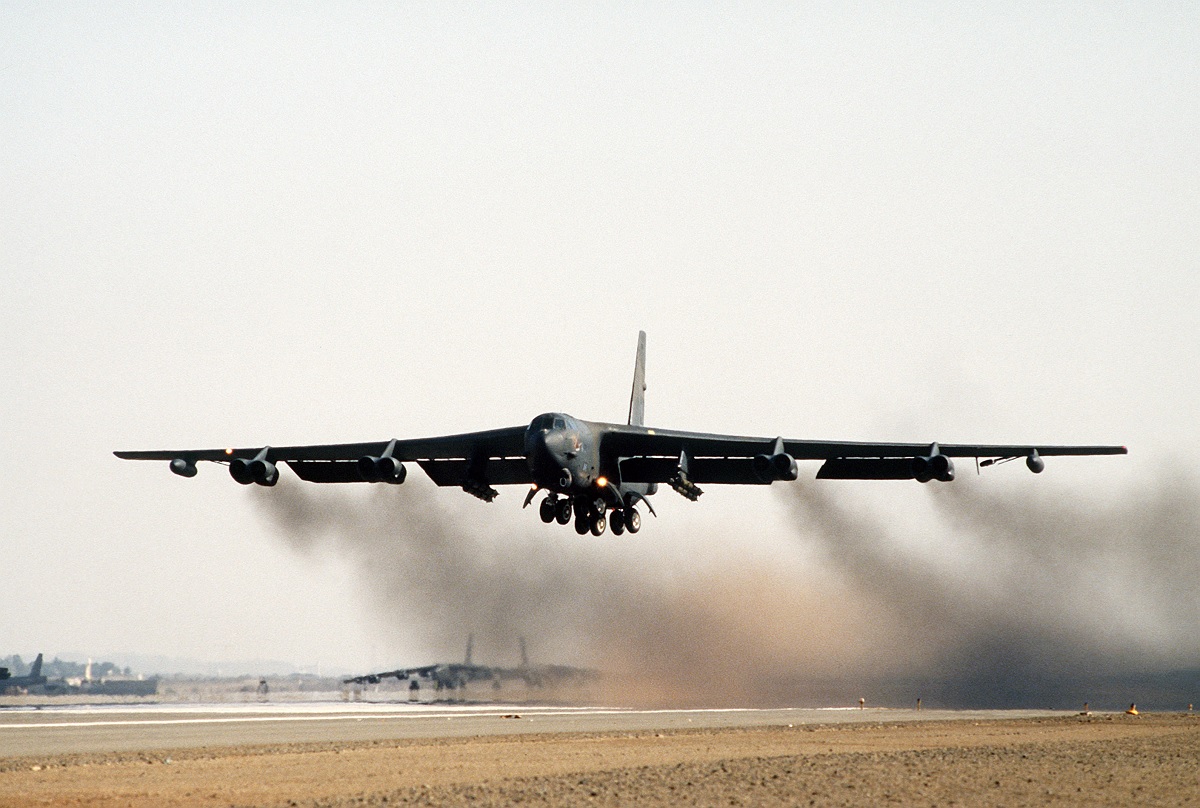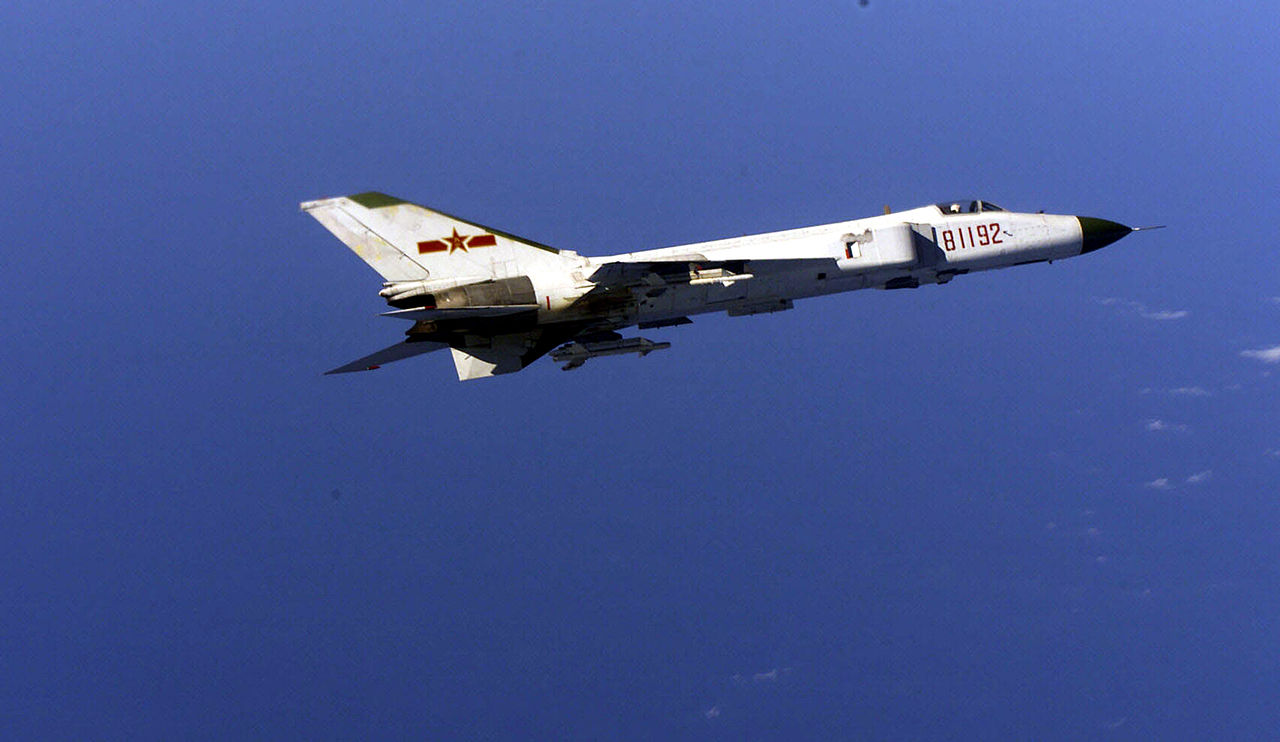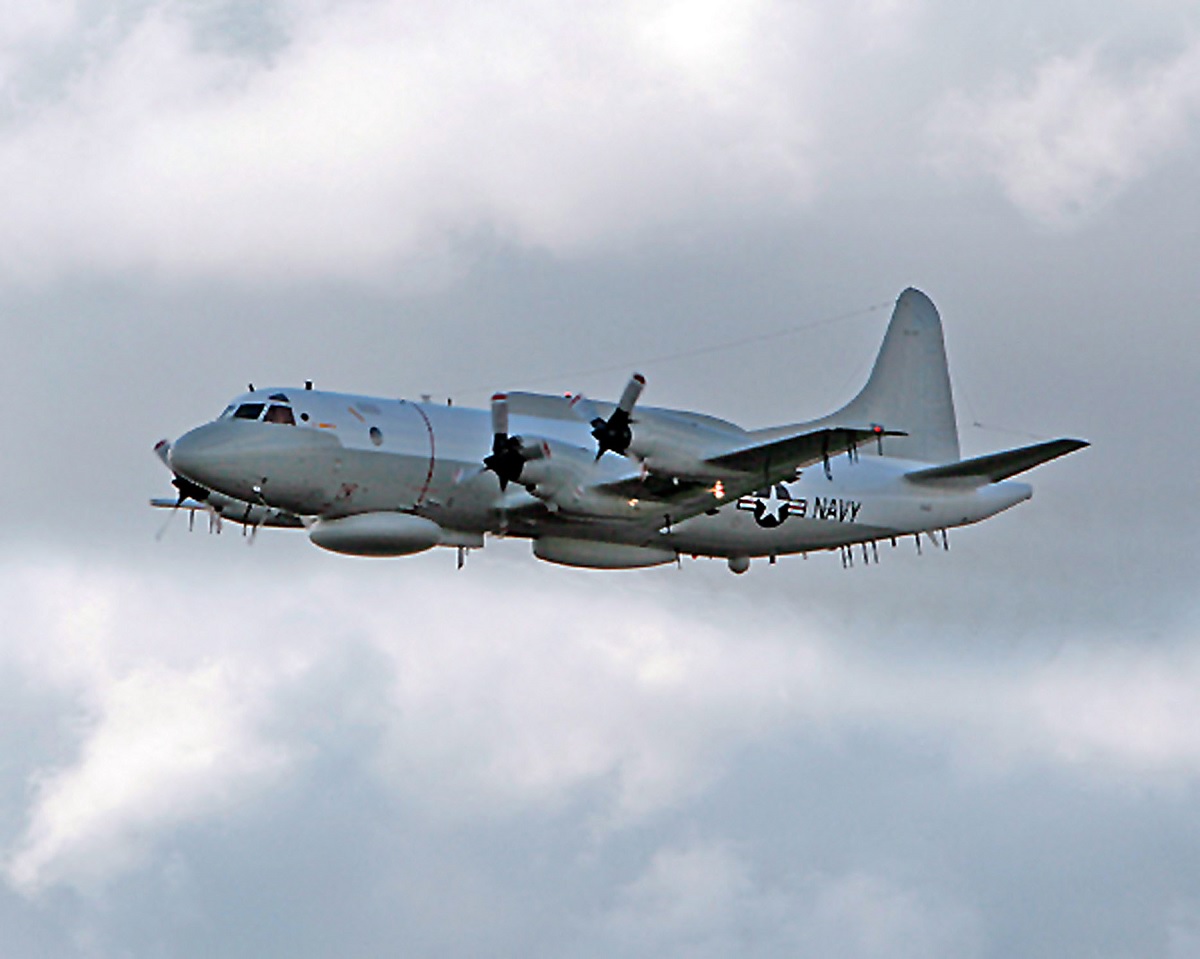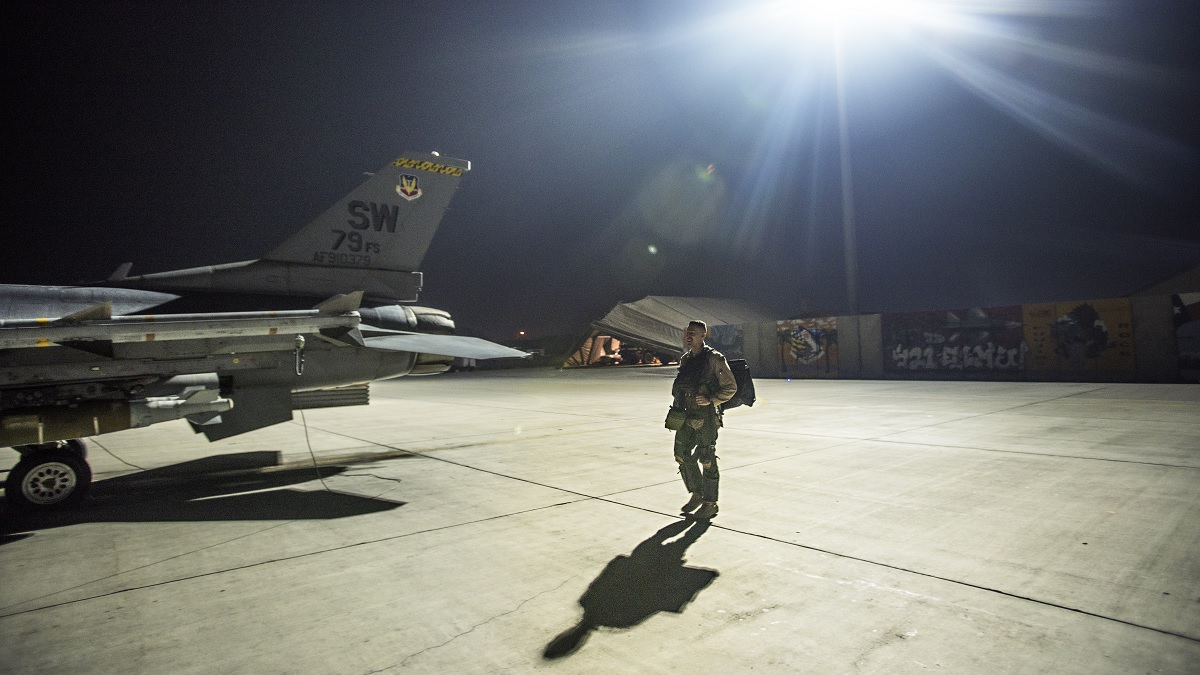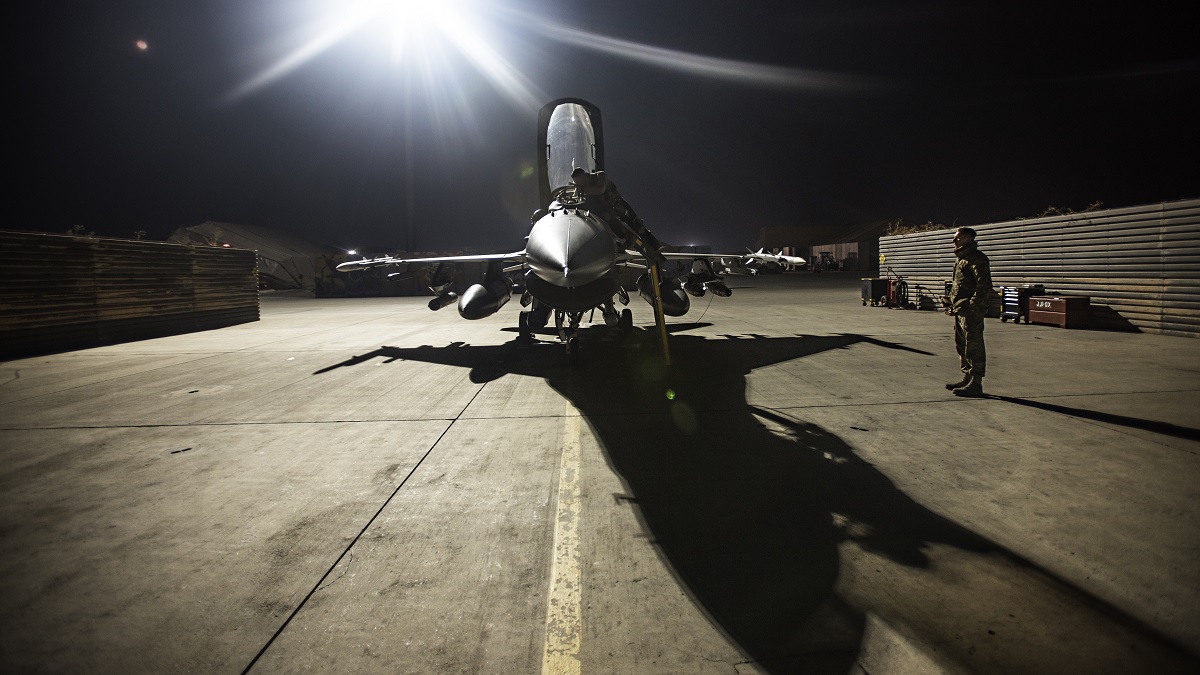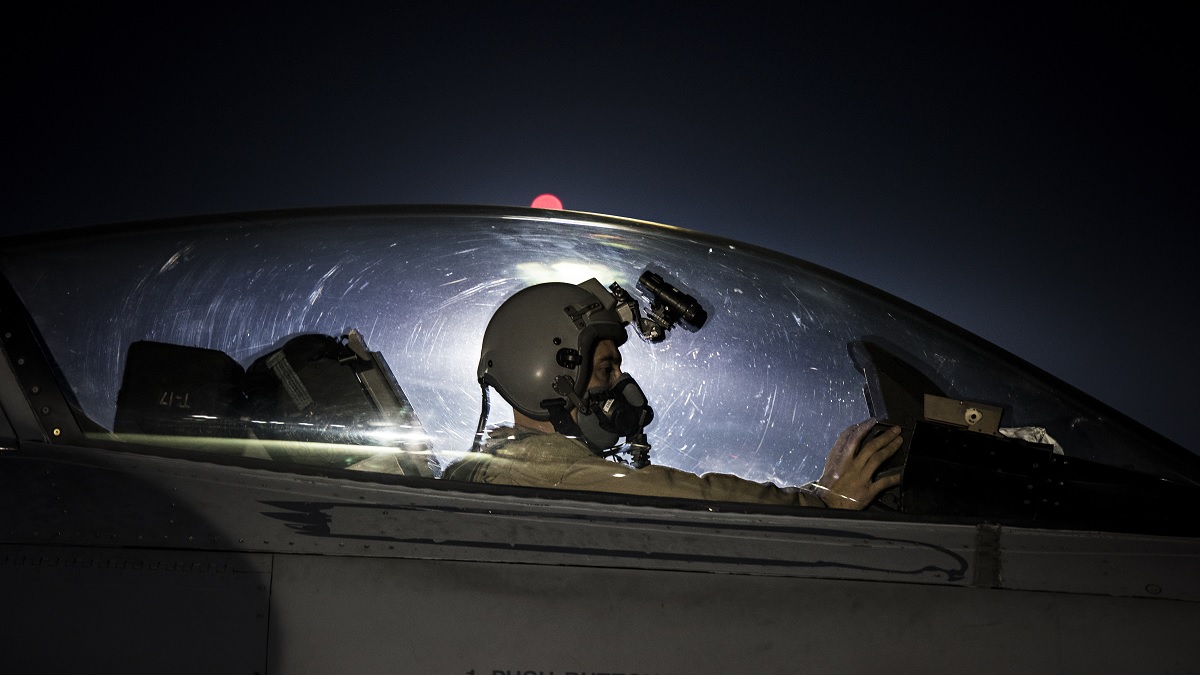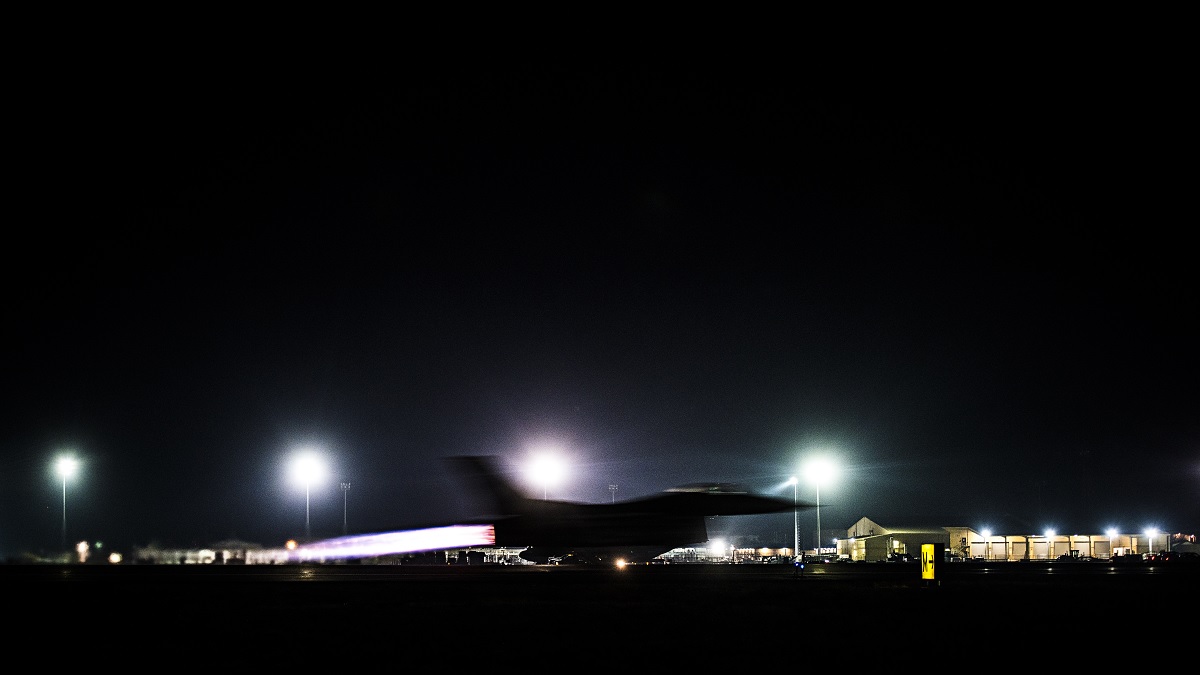The intercept prompted the F-15s of the Air Force to fly at supersonic speeds
Under the guidance of the North American Aerospace Defense (NORAD) Command, a pair of F-15 Eagles from the United States Air Force (USAF) intercepted an unresponsive general aviation aircraft near Palm Beach, Fla., just before 7 p.m. EST on Feb. 17, 2017.
According to a NORAD press statement, the intercept required Air Force F-15s from the Homestead Air National Guard Base to fly at supersonic speeds to approach the general aviation planes, where they were able to make contact.
Military intercepts are conceived to re-establish contact with local Federal Aviation Administration (FAA) air traffic controllers and order the pilot to land safely for further action.
NORAD’s mission is to prevent air attacks on North America, protect the United States and Canada’s sovereign airspaces by responding to unknown, unwanted, and unauthorized air activity approaching and operating within these airspaces, and provide aerospace and maritime warning for North America, all while working closely with homeland defense, security, and law enforcement partners. NORAD may be required to monitor, shadow, divert off flight paths, direct to land, and/or destroy platforms regarded as a possible threat to North America.
NORAD is a binational Canadian-American command in charge of air defense and maritime warning in North America. The Continental NORAD Region is based at Tyndall Air Force Base in Florida, while the Alaskan NORAD Region is based at Elmendorf Air Force Base in Alaska. The command is tactically and strategically placed in our nation’s capital to provide a multilayered defense to identify, discourage, and stop potential threats flying through US and Canadian airspace.
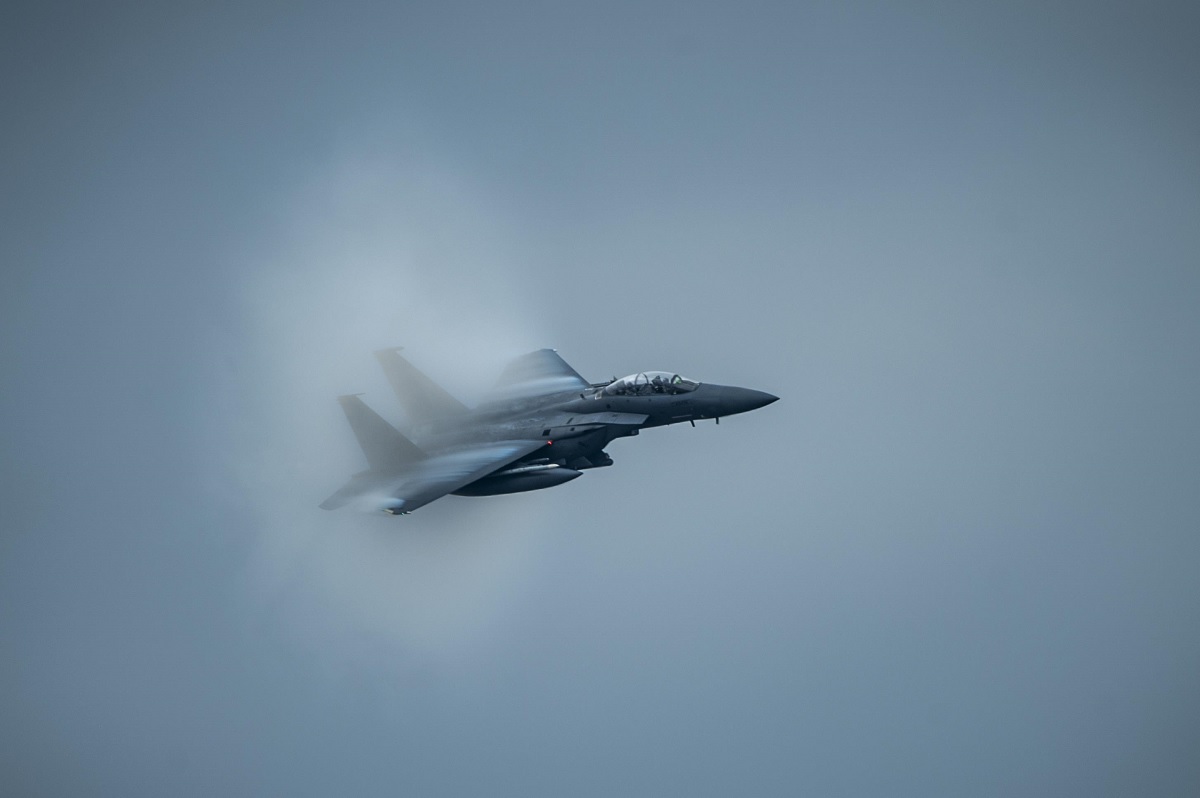
Photo by Josh Plueger and Airman 1st Class Lauren M. Johnson / U.S. Air Force



